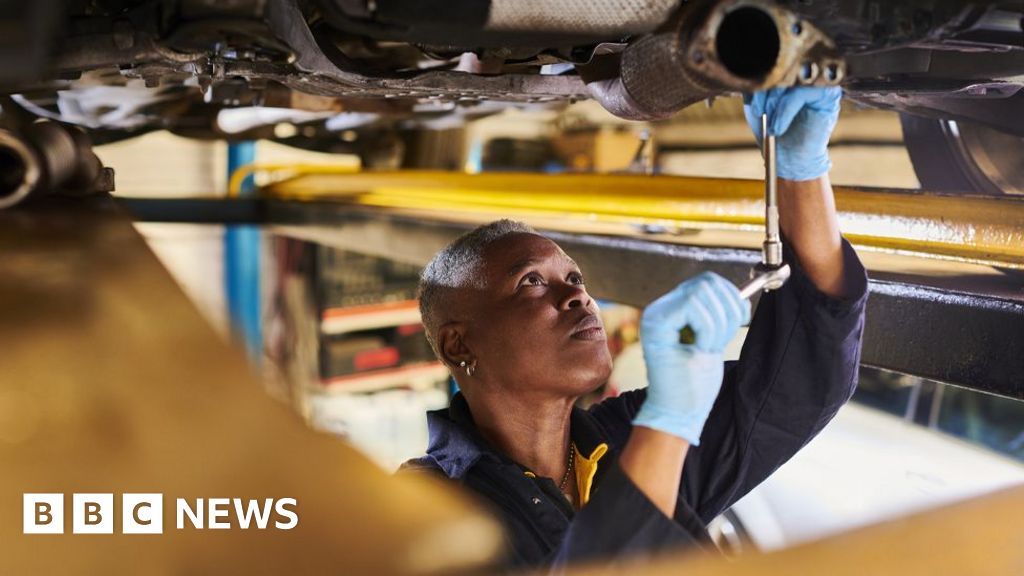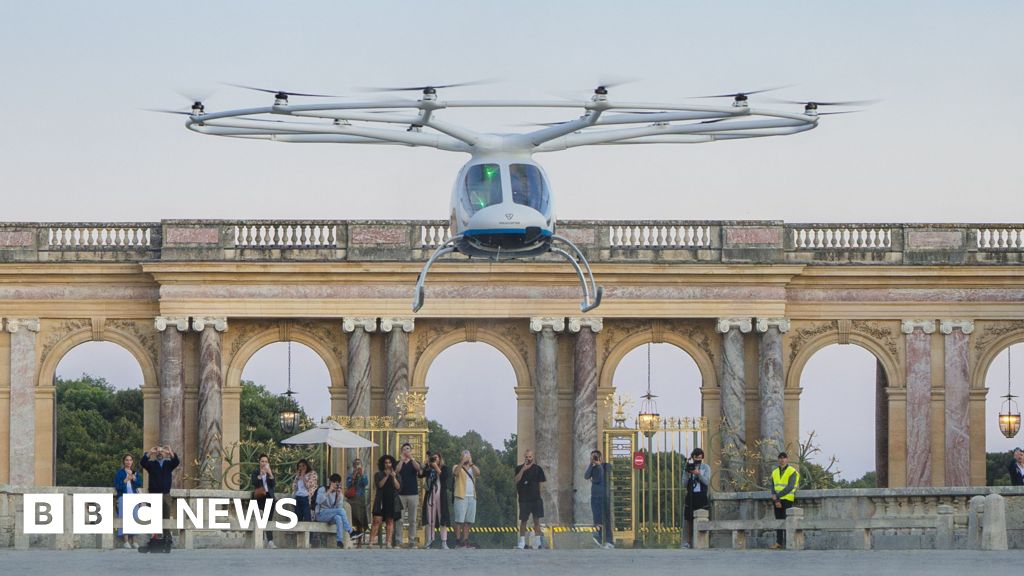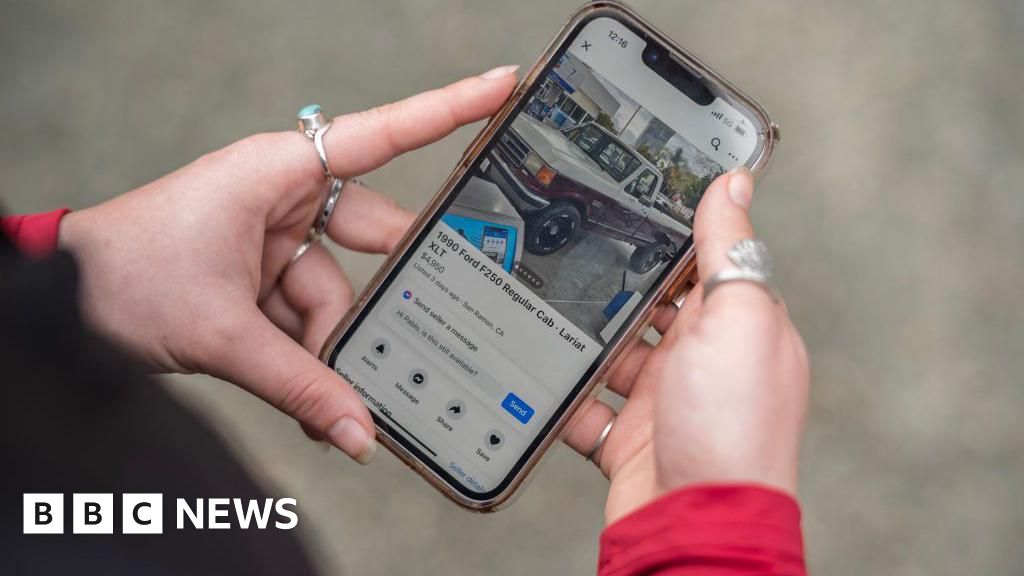ARTICLE AD BOX
Restrictions on carrying liquids over 100ml in hand luggage are being temporarily reintroduced at some regional airports in the UK.
The change will apply from 00:01 BST on Sunday 9 June 2024 and will affect passengers at Newcastle, Leeds Bradford, London City, Aberdeen, Southend and Teesside airports.
All of the airports affected have Next Generation Security Checkpoints (NGSC) in full operation.
The Department for Transport says the move will "enable further improvements to be made to the new checkpoint systems" and is not in response to a specific threat.
A spokesperson from the DfT told the BBC that it was unclear how long the rule would be in place for, but that it was a temporary measure.
A Newcastle International Airport spokesperson said that passengers should pack “all non-essential liquids in their hold baggage" and that the airport was working to “keep disruption to a minimum”.
Restrictions are already in place at London Gatwick, Heathrow and Manchester, after a deadline for new scanners was extended.
Birmingham Airport told the BBC that it was still operating the 100ml limit because it is waiting for regulatory approval for a type of machine it has in place.
The government originally told all UK airports to upgrade to the new scanners by 2022, but the deadline was later moved to 1 June 2024. Major airports were subsequently allowed to miss the 1 June roll-out date.
Some smaller airports had already met the deadline and removed the 100ml rule.
Airports had to apply individually for extensions, which could mean passengers may have to deal with the restrictions until June 2025.
The DfT previously said that the Civil Aviation Authority would impose financial penalties on airports that kept missing deadlines.
Back in January, consumer group Which? warned that extending the restrictions could cause confusion during the summer holidays.
The rules requiring liquids to be taken through security, in containers of 100ml or less in a clear plastic bag, were introduced in 2006 after a plot to bomb a transatlantic flight was foiled.
The new scanners use CT X-ray technology to provide 3D images, so items can be left inside bags and liquids up to two litres will be permitted.
Airports have been hit by supply chain issues and faced major construction work to install the scanners.
The X-ray machines, similar to CT scanners used in hospitals, are very heavy and in some instances, floors will need to be reinforced.

 5 months ago
18
5 months ago
18








 English (US)
English (US)